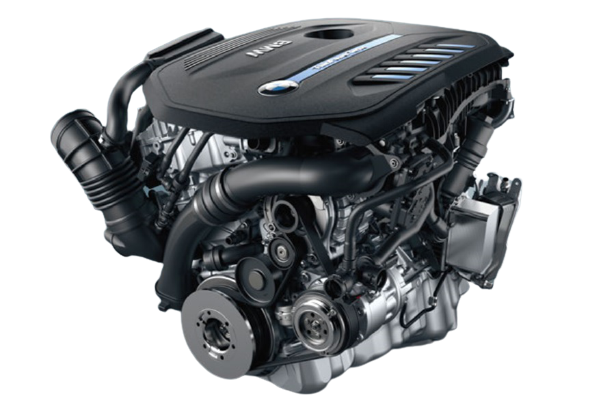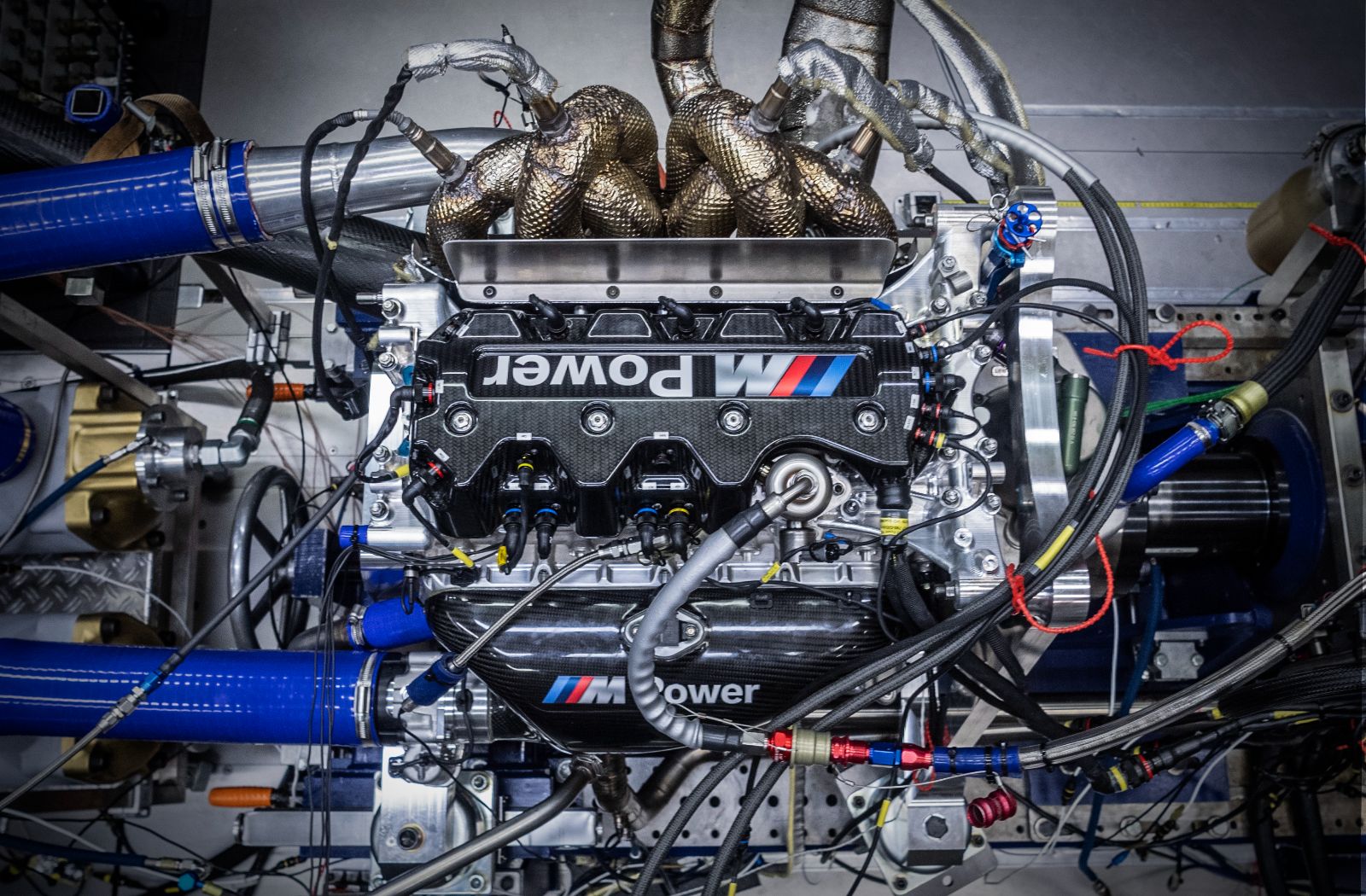A Beginner's Overview to Selecting the Right BMW Engine for Your Needs
A Beginner's Overview to Selecting the Right BMW Engine for Your Needs
Blog Article
Unveiling the Intricacies of Next-Generation Power Units: a Deep Dive Into Advanced Engine Innovations and designs
As we stand on the precipice of a brand-new age in transportation, the details of next-generation engine designs bid us to explore the cutting-edge modern technologies and advancements that promise to redefine the driving experience. Diving deeper right into the realms of exhaust control, intelligent engine administration systems, and the horizon of power system development, we discover ourselves on the cusp of a transformation that guarantees to improve the landscape of mobility as we know it.
Development of Engine Materials

The change in the direction of progressed engine materials has likewise made it possible for designers to develop engines with higher power outcomes while preserving gas performance standards. The usage of lightweight materials decreases the general weight of the engine, leading to enhanced fuel economic climate and lower discharges. Furthermore, innovations in products technology have actually allowed for better thermal monitoring within engines, causing raised integrity and durability.
Turbocharging and Supercharging Technologies
Exactly How do Turbocharging and Supercharging Technologies reinvent engine performance and performance in contemporary cars? Turbo charging and turbocharging are innovations that considerably enhance engine efficiency by enhancing the amount of air consumption into the burning chamber. Turbocharging accomplishes this by utilizing a generator driven by exhaust gases to pressurize the intake air, while turbo charging utilizes a belt- or chain-driven compressor to attain the exact same effect.
These modern technologies allow smaller sized, much more fuel-efficient engines to produce power comparable to larger ones, referred to as downsizing. Forcibly more air right into the cylinders, turbocharging and turbo charging improve burning performance, leading to enhanced horse power and torque output without a significant rise in engine size. This results in far better acceleration, lugging capacity, and total driving performance.
Additionally, turbocharging and turbo charging add to improved fuel performance by allowing the usage of smaller sized engines that consume less gas under regular driving conditions - bmw engine. This combination of boosted performance and efficiency has actually made turbocharging and turbo charging integral elements of lots of modern engine designs
Discharge Control and Environmental Influence
With increasing worldwide worries regarding air quality and environmental sustainability, the application of exhaust control technologies in automobiles plays a crucial function in minimizing unsafe pollutants released into the environment. Modern lorries are furnished with innovative exhaust control systems that aid minimize the environmental impact of automobile operations. Catalytic converters, as an example, are developed to convert harmful gases such as carbon monoxide, nitrogen oxides, and hydrocarbons into less hazardous compounds like carbon dioxide and water vapor.
Additionally, developments in engine innovation, such as the combination of exhaust gas recirculation systems and selective catalytic reduction, have significantly added to decreasing exhausts. These innovations work in tandem to optimize combustion performance and decrease the launch of damaging contaminants right into the air. In addition, the development of crossbreed and electrical lorries stands for a crucial action in the direction of decreasing the overall ecological impact of the transportation sector.
Intelligent Engine Monitoring Solution

Additionally, these systems enable lorries to satisfy stringent exhausts requirements without compromising efficiency, providing a more eco-friendly driving experience. The combination of synthetic knowledge and machine understanding capabilities in engine monitoring systems continues to press the boundaries of what is feasible, leading to additional improvements in effectiveness, integrity, and overall lorry performance. bmw engine. As vehicle modern technology developments, smart engine management systems will certainly play an essential duty in shaping the future of transport towards a much more lasting and efficient direction
Future Trends in Power Device Advancement
As intelligent engine administration systems lead the way for find this improved control and optimization in contemporary vehicles, future patterns in power system growth are poised to redefine the landscape of automobile propulsion modern technologies. Among the essential patterns driving advancement in power device development is the shift towards electrification. With a boosting emphasis on sustainability and lowering carbon emissions, hybrid and electrical powertrains are coming to be more common in the automobile market. These alternate power resources provide enhanced performance and efficiency while straightening with rigorous ecological laws.
One more considerable pattern is the combination of advanced products and producing techniques. Light-weight materials such as carbon fiber and light weight aluminum are being utilized to decrease overall car weight, enhancing gas efficiency and performance. Additionally, developments in 3D printing and additive manufacturing are enabling the manufacturing weblink of complicated engine components with greater precision and sturdiness.
Additionally, artificial knowledge and maker knowing are playing an essential duty in enhancing power unit efficiency. These technologies enable real-time tracking and flexible control, causing much more reliable and trustworthy power delivery. Generally, future fads in power unit development are tailored in the direction of efficiency, efficiency, and sustainability, driving the vehicle sector towards a brand-new era of propulsion innovations.

Final Thought
In verdict, the advancements in engine materials, turbocharging, discharge control, and intelligent administration systems have actually paved the method for next-generation power devices. The detailed styles and technologies in modern engines showcase the ongoing advancement of automotive modern technology.
Checking out the dynamic developments in engine materials has actually been crucial in boosting the performance and effectiveness of contemporary engines. Over the years, the advancement of engine products has actually played an important function in pressing the limits of what engines can attain.The change in the direction of advanced engine materials has also enabled engineers to design engines with higher power outcomes while keeping gas performance standards.The application of intelligent engine management systems in modern-day automobiles has revolutionized the method see this site engines are regulated and maximized for efficiency and performance. By accumulating data in real-time and assessing it with advanced algorithms, intelligent engine management systems can adapt to driving designs, ecological aspects, and engine health and wellness to maximize power result while decreasing gas usage and emissions.
Report this page